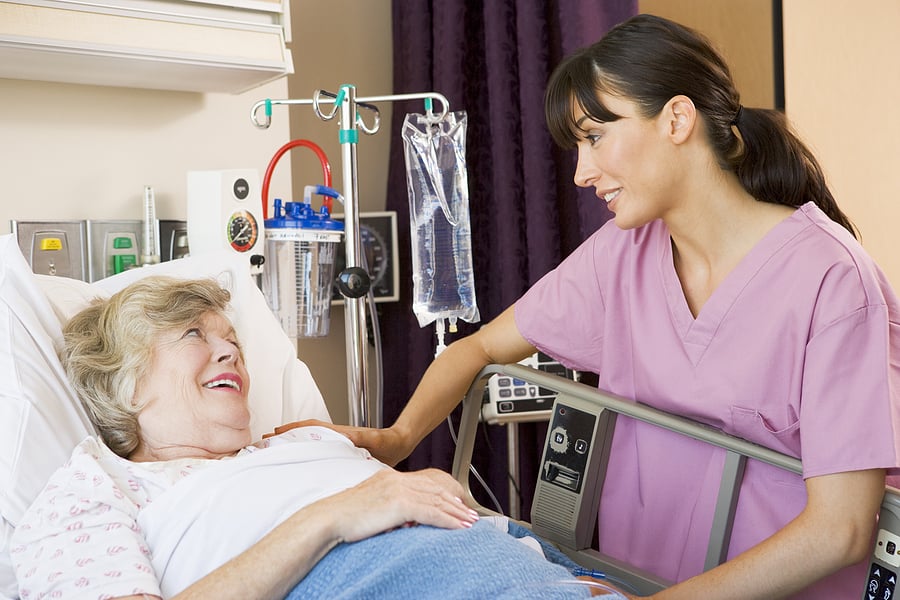Pros and Cons of Becoming an Acute Care Nurse Practitioner (ACNP)
Becoming an Acute Care Nurse Practitioner (ACNP) is a rewarding yet challenging career choice. ACNPs are advanced practice nurses who specialize in providing care to patients with complex and critical illnesses. They play a vital role in improving patient outcomes in various healthcare settings, such as hospitals, intensive care units (ICUs), and emergency rooms. In this article, we will explore the five pros and five cons of becoming an ACNP to help aspiring healthcare professionals make an informed career decision.
Pros of Becoming an ACNP
High Demand and Job Opportunities
One of the most significant advantages of becoming an ACNP is the high demand for this specialized role. With an aging population and an increasing number of patients with complex medical conditions, the need for ACNPs continues to grow. Nurse practitioners, in general, can expect a much higher job growth rate than most professions in the next decade, according to the Bureau of Labor Statistics (BLS). This high demand translates into a wide range of job opportunities across different healthcare settings.
Competitive Salary
ACNPs are well-compensated for their advanced education and specialized skills. Their salaries are often higher than those of registered nurses, reflecting the increased responsibility and expertise required for the role. A competitive salary can provide financial stability and job satisfaction. As of 2024, the average salary for an acute care nurse practitioner is $122,552 annually.
Autonomous Practice
ACNPs enjoy a significant degree of autonomy in their practice. They have the practice authority to assess, diagnose, treat, and manage patients with complex and acute conditions. While they collaborate with physicians and other healthcare professionals, ACNPs can make critical decisions independently, contributing to their professional growth and job satisfaction.
Patient Impact
ACNPs play a pivotal role in improving patient outcomes, especially for those with acute and critical conditions. Their expertise allows them to provide timely and specialized care, which can make a significant difference in patients’ lives. The sense of fulfillment that comes from positively impacting patient health is a rewarding aspect of this career.
Diverse Career Opportunities
The field of acute care offers diverse career opportunities for ACNPs. They can choose to specialize in areas such as cardiology, critical care, nephrology, or pulmonology, among others. This flexibility allows ACNPs to tailor their careers to their interests and passion for specific medical specialties.
Cons of Becoming an ACNP
Extensive Education Requirements
To become an ACNP, individuals must complete advanced education, typically a Master of Science in Nursing (MSN) or a Doctor of Nursing Practice (DNP) program. These programs are academically rigorous and require significant time and financial investment.
Licensing and Certification Challenges
ACNPs must obtain state licensure and national certification, which involves passing rigorous exams and meeting specific requirements. Maintaining certification also requires ongoing continuing education and recertification, adding to the demands of the profession.
Emotional Toll
Working in acute care settings can be emotionally challenging. ACNPs often deal with high-stress situations, critically ill patients, and the potential for patient loss. Coping with the emotional toll of the job is a significant consideration for those pursuing this career path.
Long Hours and Shift Work
ACNPs working in acute care settings may be required to work long hours, including nights, weekends, and holidays. Providing 24/7 care means that ACNPs must be available when patients need them most, which can lead to irregular work schedules.
Risk of Burnout
The combination of high responsibility, demanding work environments, and emotional stress can increase the risk of burnout among ACNPs. Burnout can negatively impact job satisfaction and overall well-being.
- Best Online Adult-Gerontology Nurse Practitioner Programs in North Carolina - February 18, 2026
- Best Online Family Nurse Practitioner Programs in Oregon - February 10, 2026
- Best Online Pediatric Nurse Practitioner Programs in Arizona - January 27, 2026

